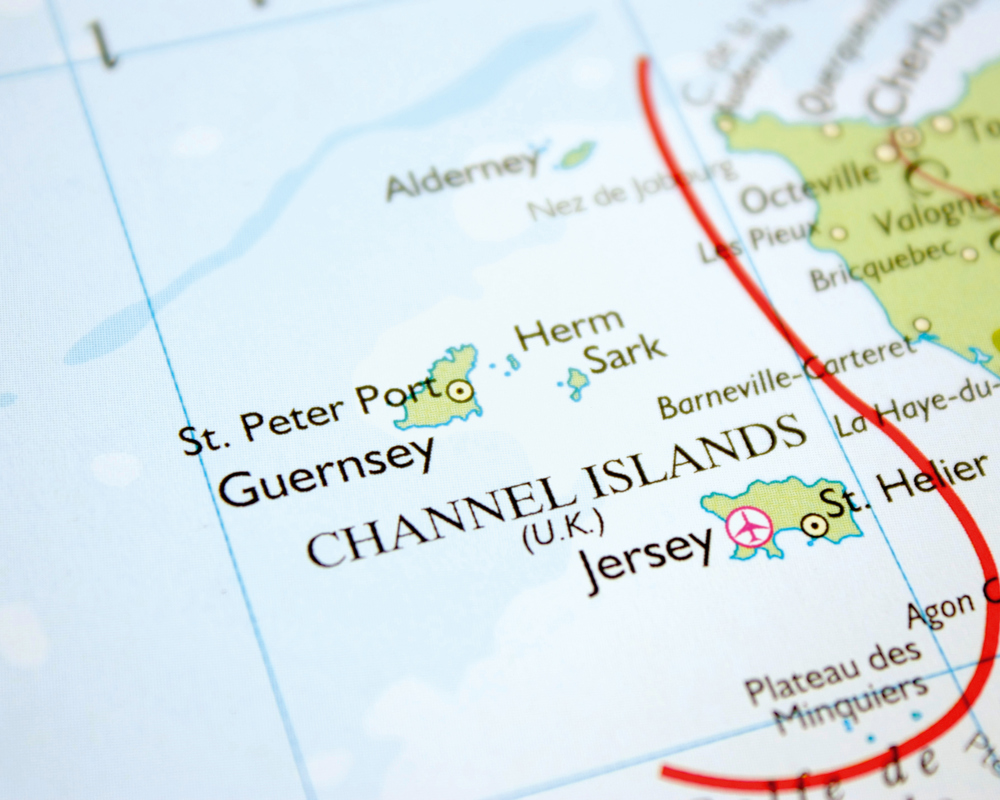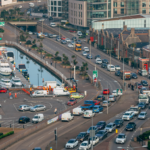Jersey, a gem in the crown of the Channel Islands, often sparks curiosity and confusion about its political and cultural identity. Located in the English Channel, just off the coast of Normandy, France, this island has a distinct status that sets it apart from the United Kingdom and the European Union. This comprehensive guide will delve into why Jersey is an independent entity, why it’s commonly mistaken as part of the UK, and the various facets that contribute to its unique position on the global stage.
Understanding Jersey’s Constitutional Position
Jersey is a self-governing Crown Dependency — a status that often leads to misconceptions about its ties to the UK. Unlike the British Overseas Territories, Jersey is not considered a part of the United Kingdom. It is not represented in the UK Parliament, nor is it subject to the UK government’s direct legislative authority. Instead, the island has its own independent administrative, fiscal and legal systems, which have evolved over centuries of relative autonomy.
Historical Context
The origins of Jersey’s unique constitutional status can be traced back to the Duchy of Normandy. When William the Conqueror, then Duke of Normandy, ascended to the English throne in 1066, the Channel Islands, including Jersey, became possessions of the English Crown. However, when King John lost the mainland Normandy to France in 1204, the islands remained loyal to the English Crown and were granted various privileges and a large degree of self-government as rewards for their loyalty.
Modern Governance
Today, Jersey is officially ruled by the Crown in right of Jersey. The Queen’s representative on the island is the Lieutenant Governor, but his role is largely ceremonial. The real power lies with the locally elected government: the States Assembly, which is responsible for legislation and administration. The island’s government is headed by a Chief Minister, and local laws are enacted by the assembly with the consent of the Crown.
Economic Independence
Jersey’s economic independence is another pillar of its unique status. The island maintains its own separate relationship with the European Union, defined as part of the Protocol 3 of the UK’s Treaty of Accession to the EEC in 1972. This special arrangement allowed Jersey to be part of the customs territory of the EU, enabling tariff-free trade in goods, but it did not make it a part of the EU as such.
The island’s economy is robust, diversified and largely driven by international financial services, tourism, and agriculture. Its fiscal policies, including low tax rates and financial privacy laws, make it an attractive location for global businesses and high-net-worth individuals.
Why the Confusion?
1. Proximity and Cultural Ties: Jersey’s geographical closeness to Britain, along with historical and cultural bonds, often leads to the assumption that it is part of the UK. The use of the British pound, English as a primary language, and the depiction of the Queen on its currency further blur the lines of distinction for many observers.
2. British Representation Overseas: The UK government is responsible for the defense and international representation of Jersey. This arrangement often misleads people into thinking that Jersey’s international diplomacy is handled by the UK, thus assuming it’s part of the UK.
3. Media and Popular Culture: The portrayal of Jersey in British media and its inclusion in British cultural events also contribute to the misconception. While Jersey athletes compete under their own flag in events like the Commonwealth Games, they often participate under Team GB in the Olympics, further complicating public perception.
The Impact of Misconceptions
The misunderstanding of Jersey’s status can have real-world implications, from the political arena to everyday situations. For instance, policies designed by the UK concerning immigration, trade, or taxation may be erroneously thought to apply to Jersey. This can affect decisions made by businesses, tourists, and potential residents.
Conclusion: Jersey’s Proud Independence
Jersey’s journey through history has shaped a unique constitutional and cultural identity that thrives on its independence while maintaining close bonds with the UK. Its self-governance, economic robustness, and distinct international representation underscore its position as an entity separate from the UK and the EU.
Understanding and respecting Jersey’s autonomy not only clarifies its role on the world stage but also enhances the appreciation of its rich heritage and contemporary significance. Whether you’re a history buff, a potential investor, or a curious traveler, grasping the true essence of Jersey’s status opens up a deeper, more accurate view of this fascinating island.
For visitors and residents alike, Jersey offers a blend of independence and interconnectedness, making it a unique place to explore, invest in, and learn about. As we continue to navigate the complexities of national and regional identities in our globalized world, Jersey stands out as a beacon of how historical peculiarities can carve out a unique space in a modern world.






